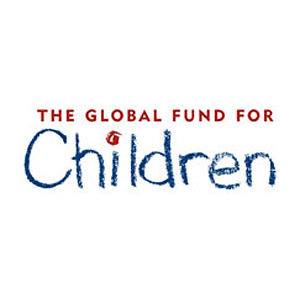 The Global Fund for Children – Apply for a grant
The Global Fund for Children – Apply for a grant
Eligibility criteria
Prospective grantee partners must meet the following eligibility criteria to be considered for support.
Appropriate size and stage of development
With rare exceptions, a prospective grantee partner’s annual budget should not exceed $200,000. In most cases, new grantee partners have budgets in the $25,000 to $75,000 range. The aim is to identify organizations at a relatively early stage in their development.
Direct involvement with children and youth
Prospective grantee partners must work directly with children and youth.
Capable management
Prospective grantee partners must have systems and processes for ensuring responsible management of funds. At a minimum, an organization must have basic accounting and reporting systems as well as phone and email access.
Local leadership
Prospective grantee partners must be led by individuals who live and work in the community.
Legal status
A prospective grantee partner must be registered with the local or national government as a nonprofit organization. If the political context makes legal registration unfeasible, the organization must demonstrate nonprofit equivalency.
Selection Guidelines
Beyond these basic eligibility criteria, The Global Fund for Children use the following selection guidelines in identifying organizations that are truly exceptional.
A focus on the most vulnerable
Grantee partners reach the children of “the last mile”—those who are economically and socially outside the reach of mainstream services and support, including street children, child laborers, AIDS orphans, sex workers, hard-to-reach rural populations, and other vulnerable or marginalized groups.
Community involvement
Prioritize organizations that are rooted in their community and operate with community input, involvement, and investment, embracing the community as an integral part of their success.
Effectiveness
Prioritize organizations that can demonstrate sustained, meaningful improvement in the lives of the children and youth they serve.
Empowerment
Prioritize organizations that engage children and youth as active participants in their own growth and development, rather than as passive recipients of services.
Innovation and creativity
Prioritize organizations that tackle old problems in new ways, demonstrating innovation and creativity in their program strategies and approaches.
Strong leadership
Prioritize organizations that have committed, respected, and dynamic leadership with a vision for change.
Adaptability
Prioritize organizations that generate models, methodologies, and practices that can be adapted and applied to similar issues and challenges in other communities.
Potential for sustainability
Prioritize organizations that have a strategy for ensuring the long-term sustainability of their programs, through donor diversification, mobilization of government funding, community investment, income-generating activities, and other creative measures.
Reputation
Prioritize organizations that are recognized and trusted in their communities.
